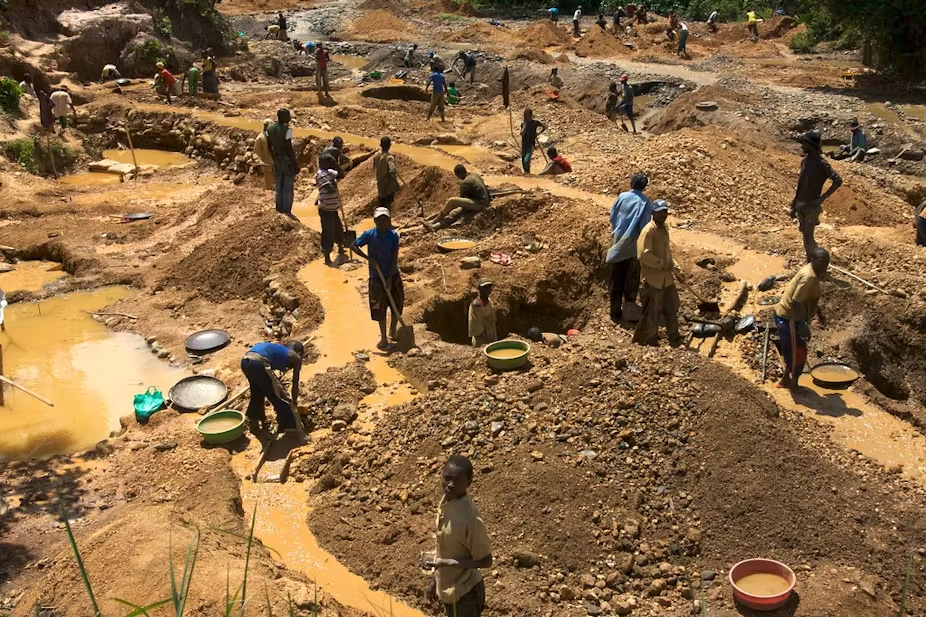
Ghana’s legal community is split over the most effective way to confront the country’s escalating illegal mining crisis, as clashes with armed galamsey groups have claimed the lives of more than 50 security personnel and 120 civilians between 2020 and 2023.
Private legal practitioners Martin Kpebu and Kofi Bentil offered contrasting views during Saturday’s Key Points program on TV3, highlighting the complexity of addressing one of Ghana’s most persistent environmental challenges.
Kpebu argued that existing police powers provide sufficient legal framework to tackle illegal mining without resorting to military deployment or a state of emergency. “Let us exhaust the law. The Police can do the work,” he said, noting that current legislation empowers law enforcement to arrest operators and confiscate equipment.
His position aligns with President John Dramani Mahama’s reluctance to declare a state of emergency, expressed during a media briefing on 10 September. “I’ve been reluctant to implement a state of emergency in the galamsey fight because we’ve not exhausted the powers we even have without a state of emergency,” Mahama explained.
In contrast, Bentil, Vice President of IMANI Africa, advocated for declaring security zones and deploying military forces to affected areas. “I have no doubt that if our army is left alone, they can do this, but they won’t be left alone,” he said, emphasising that political interference undermines enforcement efforts.
“We will not solve galamsey because we are not serious about solving it. They don’t pay any price for failing, they gain a lot for failing the fight.”
The debate intensified after the Ghana Catholic Bishops’ Conference on 15 September urged the government to adopt a comprehensive national strategy to tackle what they described as catastrophic environmental destruction.
Bishop Matthew Kwasi Gyamfi, President of the Conference, called galamsey “a cancer in our national soul,” citing its impact on rivers, farmland, food chains, governance, and national security.
High gold prices and rising unemployment linked to illegal mining have increased public concern over mercury contamination, which poses risks of maternal deaths, miscarriages, and birth defects.
The government has responded with legislative reforms, including the revocation of Legislative Instruments (L.I.) 2462 and 2501, which had permitted mining in forest reserves under certain conditions.
President Mahama has emphasised that no new licenses for forest reserve mining have been issued under his administration and highlighted initiatives such as the Responsible Cooperative Mining and Skills Development Programme (rCOMSDEP) and the National Anti-Illegal Mining Operations Secretariat (NAIMOS).
Despite these efforts, enforcement remains challenging as many illegal miners now operate from fortified camps with trenches, watchtowers, and armed patrols, complicating traditional law enforcement approaches.
Environmental experts argue that while emergency powers could allow rapid intervention, long-term sustainable solutions—such as regulated small-scale mining zones, land restoration programs, afforestation, and employment creation—are necessary to address the economic drivers behind illegal mining.
As legal experts debate enforcement strategies, the Catholic bishops’ call for “courage of leadership” reflects mounting pressure on President Mahama to take decisive action against a crisis threatening Ghana’s environment, public health, and $5.2 billion annual gold export revenue.



